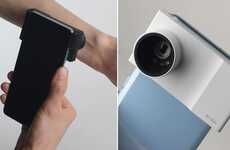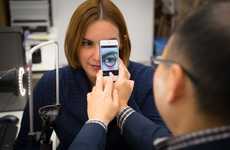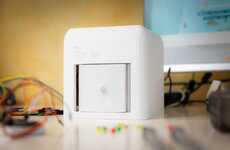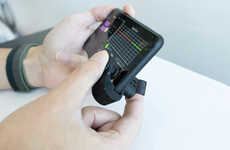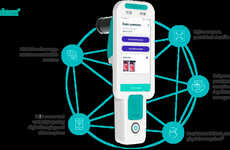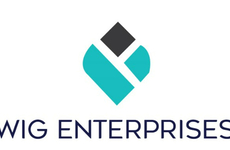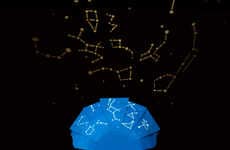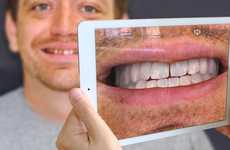
The 'BiliScreen' Screens for Jaundice to Detect Pancreatic Cancer
Michael Hemsworth — August 29, 2017 — Tech
References: washington.edu & newatlas
The 'BiliScreen' is a new piece of diagnostic equipment that is designed make the process of cancer screenings far more efficient, more effective, and less invasive. Working with a smartphone and a simple piece of equipment that is placed over the eyes, the 'BiliScreen' system utilizesa camera to detect for jaundice. This can help to effectively diagnose pancreatic cancer early on, given that one of the preliminary symptoms is jaundice.
The 'BiliScreen' has been developed by a team at the University of Washington and corresponds with the ongoing shift towards smartphone-based healthcare tools. The present testing of the 'BiliScreen' has proven quite promising for cancer screenings, which could help to bolster it as a dedicated detection method in the near future.
The 'BiliScreen' has been developed by a team at the University of Washington and corresponds with the ongoing shift towards smartphone-based healthcare tools. The present testing of the 'BiliScreen' has proven quite promising for cancer screenings, which could help to bolster it as a dedicated detection method in the near future.
Trend Themes
1. Smartphone-based Cancer Diagnosis - The development of smartphone-based technology for early cancer diagnosis is a huge opportunity for healthcare companies to disrupt the traditional diagnostic market.
2. AI-enabled Cancer Diagnosis - The BiliScreen technology provides an opportunity for AI-enabled cancer screening research and development to improve the efficiency and accuracy of cancer diagnosis.
3. Home-based Cancer Screening - The BiliScreen paves the way for affordable and accessible home-based cancer screening kits capable of detecting multiple types of cancer that may be less invasive and more accurate than traditional methods.
Industry Implications
1. Healthcare Technology - Developing smartphone-based diagnostic solutions for detecting early signs of cancer is a major opportunity for healthcare technology companies to disrupt the traditional healthcare market.
2. Medical Research - Medical research organizations can leverage AI and smartphone technology to develop more efficient and accurate cancer screening methods and potentially reduce the impact of a range of diseases.
3. Consumer Electronics - Consumer electronics companies can leverage their expertise in AI, cameras, and mobile technology to develop widely accessible, AI-enabled home-based cancer screening kits that could become a major revenue stream outside traditional consumer tech categories.
3.5
Score
Popularity
Activity
Freshness

